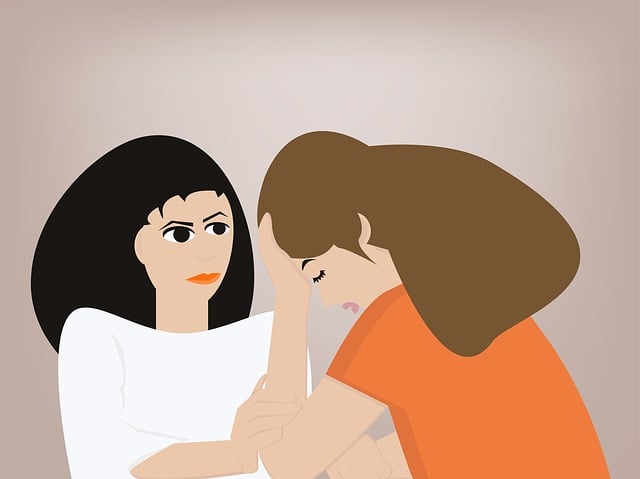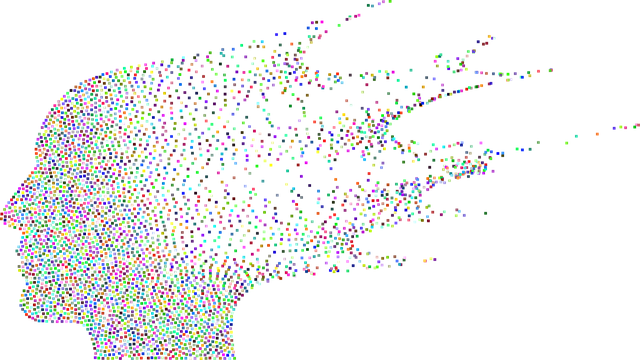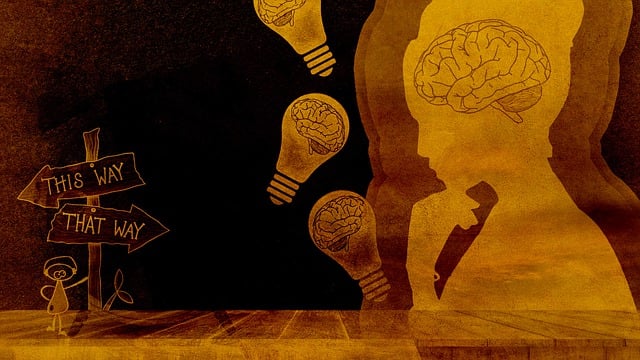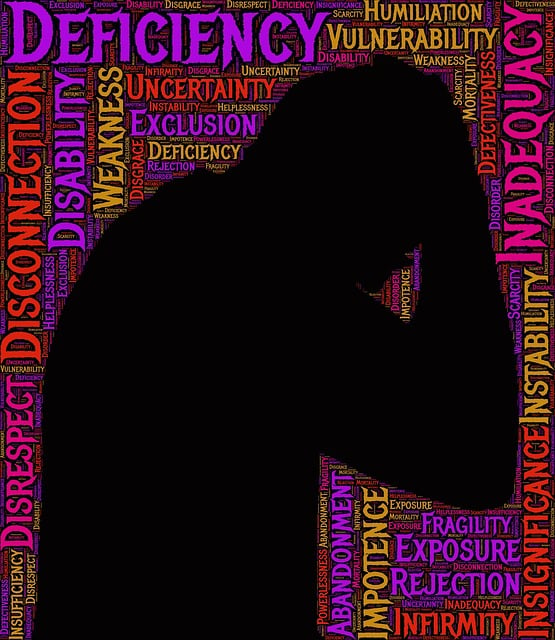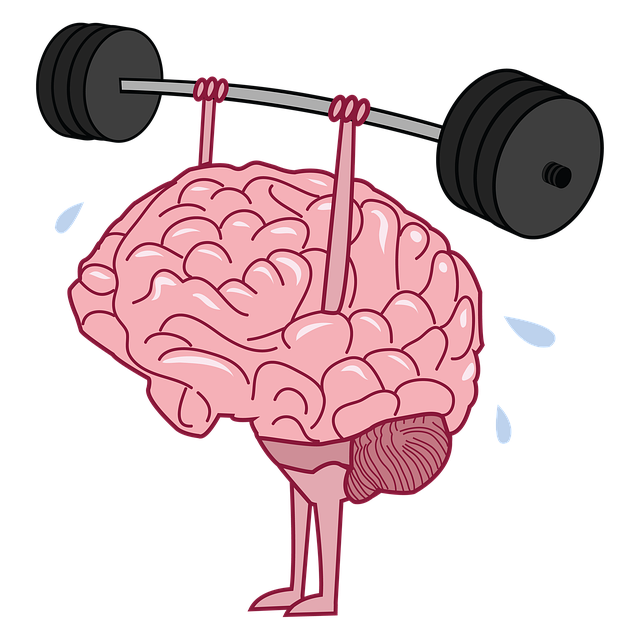Mental health conditions stemming from sexual abuse can significantly impact social life, causing trust issues, intimacy struggles, and anxiety. Specialized training, self-care, and culturally sensitive mental healthcare, such as that provided by Louisville Sexual Abuse Survivor Therapy (LSAST), offer a path to overcoming these obstacles. LSAST focuses on developing communication skills, building empathy, promoting self-awareness, and setting healthy boundaries through group therapy, role-playing, and one-on-one counseling. This holistic approach enhances well-being, builds resilience, and enables individuals to reclaim their lives, fostering profound personal growth and meaningful connections.
Social skills training is a powerful tool in supporting individuals with mental health conditions, particularly survivors of traumatic events like sexual abuse. This article explores the profound impact of mental health on social interactions and delves into how structured training can enhance therapeutic outcomes. We examine the effectiveness of social skills training through a case study of Louisville Sexual Abuse Survivor Therapy, offering practical strategies for effective communication and relationship building.
- Understanding the Impact of Mental Health on Social Interactions
- The Role of Social Skills Training in Therapy for Survivors
- Strategies for Effective Communication and Relationship Building
- Louisville Sexual Abuse Survivor Therapy: A Case Study Approach
Understanding the Impact of Mental Health on Social Interactions

Mental health conditions significantly shape and influence social interactions, often presenting unique challenges for individuals navigating daily life. For instance, those who have experienced Louisville sexual abuse survivor therapy may find themselves struggling with trust, intimacy, and connecting with others on a deeper level. Such conditions can lead to social anxiety, making even simple conversations or group settings overwhelming. Additionally, the impact extends beyond interpersonal relationships; it affects one’s ability to participate in community activities, maintain employment, and overall well-being.
Building resilience is crucial for overcoming these obstacles. Through specialized training, individuals can learn effective coping strategies, enhance their self-care routine development for better mental health, and improve social skills. This process involves understanding one’s triggers, managing emotions, and practicing healthy communication techniques. Cultural sensitivity in mental healthcare practice plays a significant role too, ensuring support tailored to diverse backgrounds and experiences, ultimately fostering a sense of belonging and connection.
The Role of Social Skills Training in Therapy for Survivors

Strategies for Effective Communication and Relationship Building

Developing effective communication strategies is a cornerstone of social skills training for mental health conditions, especially for survivors of trauma like Louisville Sexual Abuse Survivor Therapy clients. Engaging in open and honest dialogue with trusted individuals can be transformative in fostering a sense of safety and support. Therapists often encourage role-playing scenarios to help clients practice assertive communication, express their needs, and set healthy boundaries. This process not only enhances self-esteem but also equips individuals with the tools to navigate relationships more confidently, ultimately contributing to anxiety relief and stress management.
Relationship building is another key aspect of this training. Through group therapy sessions and structured activities, clients learn to recognize and appreciate others’ perspectives, fostering an environment of empathy and understanding. Self-awareness exercises play a crucial role in this process by helping individuals identify their triggers and emotional responses, enabling them to respond thoughtfully rather than reacting impulsively in social situations. This increased self-regulation is vital for forming meaningful connections and maintaining healthy relationships.
Louisville Sexual Abuse Survivor Therapy: A Case Study Approach

Louisville Sexual Abuse Survivor Therapy (LSAST) is a pioneering approach that has gained recognition for its effectiveness in assisting survivors of sexual abuse navigate their mental health journeys. This case study-driven model offers a unique perspective on healing and empowerment, focusing on the development of social skills as a core component of therapy. By employing strategies tailored to individual needs, LSTAT helps survivors build resilience, enhance self-esteem, and reclaim their lives.
The program incorporates various techniques, including Self-Awareness Exercises and Stress Reduction Methods, to equip participants with the tools necessary for successful social interactions. Through group sessions and one-on-one counseling, survivors learn to express themselves assertively, set boundaries, and foster meaningful connections while also managing potential triggers and stressors. This holistic approach not only aids in burnout prevention but empowers individuals to become agents of their own healing, leading to profound personal growth and improved overall well-being.
Social skills training is a powerful tool for individuals navigating mental health conditions, especially those who have experienced trauma. As highlighted by the case study of Louisville Sexual Abuse Survivor Therapy, this approach can significantly enhance recovery and resilience. By teaching effective communication strategies and fostering healthy relationships, survivors gain the confidence to navigate social interactions with ease. Integrating these skills into therapy not only empowers individuals but also paves the way for a more supportive and inclusive society.
